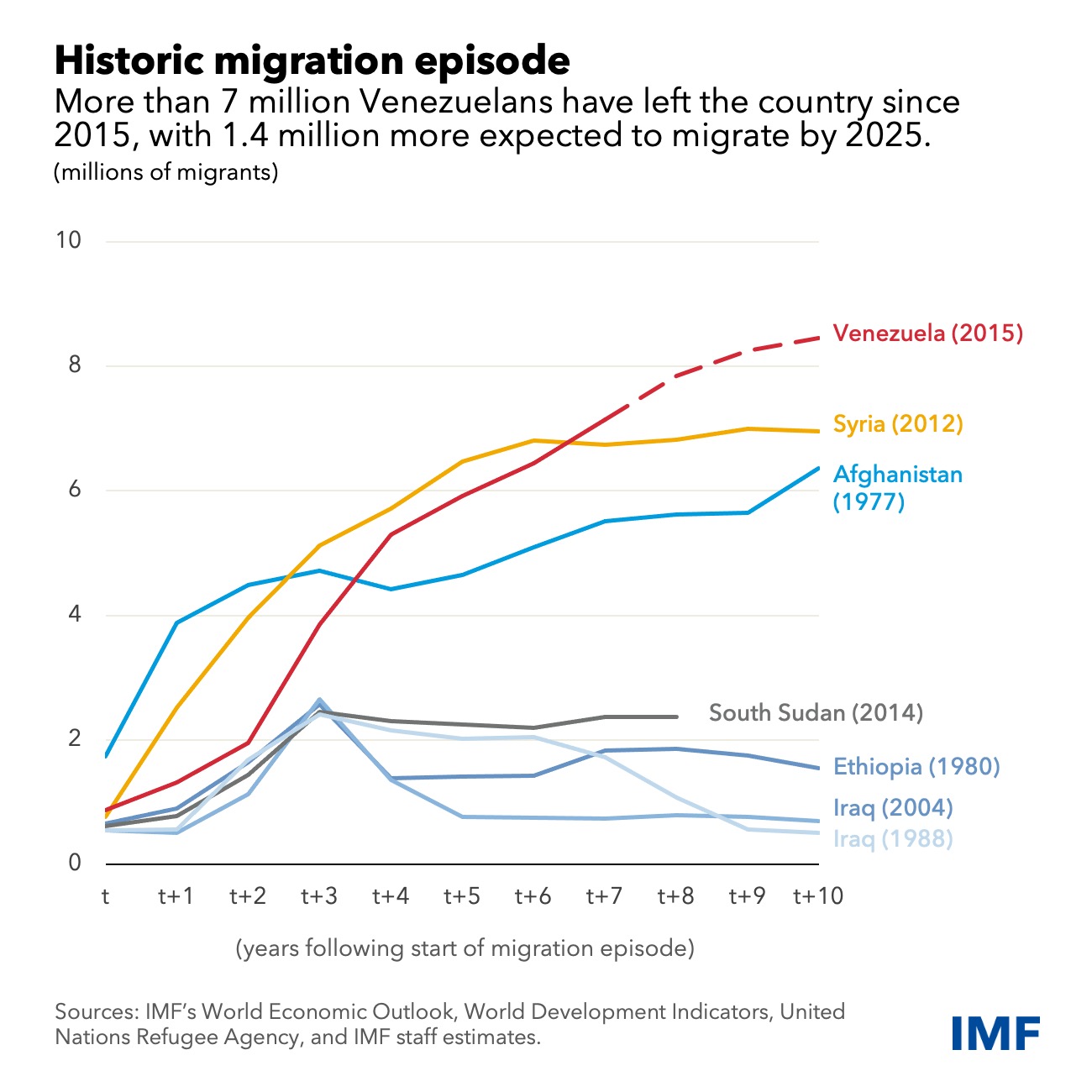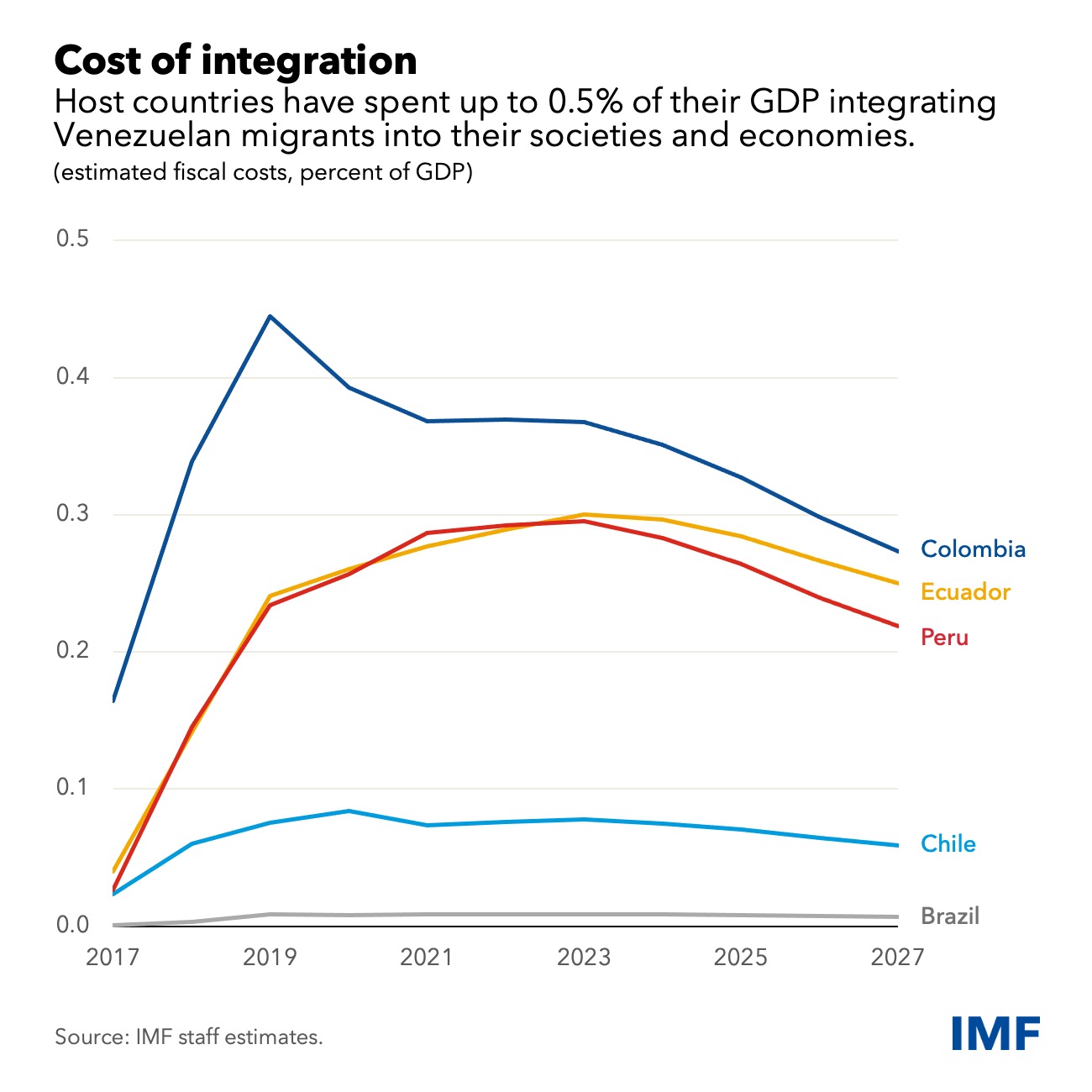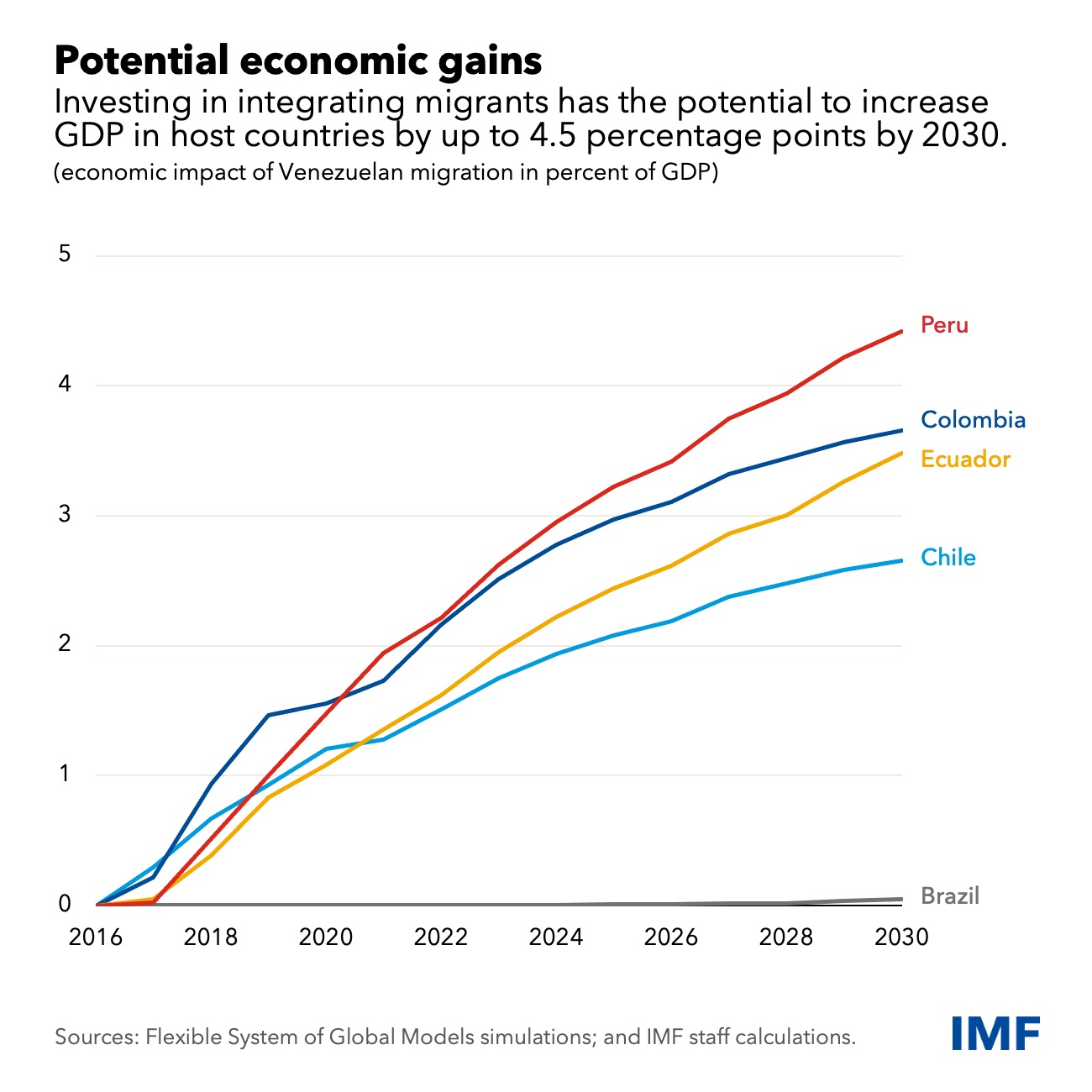COMMUNICATION BY THE HONOURABLE FRED MITCHELL MP
MINISTER OF FOREIGN AFFAIRS AND IMMIGRATION
HOUSE OF ASSEMBLY, NASSAU, THE BAHAMAS (NOVEMBER 19, 2014)
UPDATE TO THE HOUSE ON IMMIGRATION POLICY
I wish Mr.Speaker to repeat to the House the policy of the government
on Immigration announced on 30th October of this year. This concretized
months of work announcing that these changes were coming. This
announcement should therefore not have been a surprise to anyone.
The public is reminded that as of 1st November 2014 the following will apply:
No applications will be accepted in The Bahamas for first-time work
permit applicants who have no legal status in The Bahamas. All
first-time applicants for work permits without legal status in The
Bahamas will have to be certified as having been seen by The Bahamas
Embassy in their home country or the nearest Consular Office of The
Bahamas. There are no exceptions to this rule.
This does not apply to renewals once those are made before the current permit expires.
As of 1st November, 2014 the Passport Office will no longer issue
Certificates of Identity to those persons born of non-nationals in The
Bahamas. Those individuals who have valid Certificates of Identity must
now obtain the passport of their nationality and apply for a residency
permit which will show that they have a right to live and work in The
Bahamas. There are no exceptions to this except in accordance with our
international treaty obligations.
A Special Residency Permit will
be available for those individuals who have the right to apply for
Bahamian citizenship at the age of 18 and before their 19th birthday.
The processing fee is 100 dollars and the annual permit is 25 dollars.
These permits will only be issued to those persons whose parents are
lawfully in The Bahamas. This will allow the holder to live, work and
go to school in The Bahamas until such time as their citizenship status
is determined. These are obtained upon application at the Department of
Immigration. Applications can be obtained for the special permit
beginning on Monday 3rd November.
All people who live and work in
The Bahamas are reminded that it is prudent to have a document on your
person, at all times, which shows that you have a right to live and work
in The Bahamas.
The public is asked to be patient as the new policies unfold.
Any comments on the policy may be addressed to the Director of Immigration.
The Ministry of Foreign Affairs and Immigration thanks the public for their support and cooperation.
Since that time there have been unfortunate reports mainly by way of
social media which have the effect of poisoning the well with regard to
these policies. Let me repeat: The policies are generic. They are not
targeted at any particular national group.
The policies are a
logical consequence of the constitution which we have which does not
confer citizenship by birth on children born in this country whose
parents are not Bahamian. That is what we inherited and that is what we
work with.
The policies have been described in various ways by
people who seem not to wish The Bahamas any good. The names do not bear
repeating. The Prime Minister has described one critics' statements as
nonsense so I will go no further than that. That characterizes in my
view so much of the ill-informed commentary about this.
If you
will permit me a personal observation however while one must be
cognizant of the international dimension, these policies are for The
Bahamas and the only question Bahamians need to ask is whether it is in
the best interest of the country.
My surmise of the reaction to
the chord which this has struck in The Bahamas is that this strikes at
the very identity of the country and many feel that the country’s future
is threatened if actions are not taken to stem the tide of illegal and I
stress illegal migration.
I do not speak in those apocalyptic
terms but what I know is that law and order requires us to act to stem
the tide of boat after boat after boat coming to this country seemingly
unimpeded with hundreds of people on those boats with no visa, no means
of taking care of themselves and no jobs. That becomes a national
security problem. No government can stand still in the face of that.
We faced that situation in at least two months during this past year.
We have repatriated over 3000 people to their home countries this year. The cost is unsustainable.
The Detention Centre is again at capacity, just two weeks after a repatriation exercise.
There are two flights scheduled to depart next week.
So mathematics dictates this course of action.
I repeat: immigration is a blunt instrument. It is not social work.
It is a policing action and requires difficult and hard decisions.
Decision making goes in this cycle: the policy, its implementation, the
reaction. The first reaction is resistance in some quarters. This
test of the officials by those who oppose it is to see if it will shake
your resolve by creating alarm in the society, the press and the world
community. If we do not flinch, then that is the first indication to
them that the psychological climate in which the law enforcement is
operating has changed. It sends out a signal that this is a place that
illegal migrants should not come. It is that psychological mindset that
we are seeking to break.
While many have concentrated on the
campaign of misinformation, I would rather share with you what has been
said about the policy that is positive:
I quote: “It concerned us
greatly when we heard the vicious and unfair comments fielded against
The Bahamas by Mrs. Daphne Campbell. Neither Mrs. Campbell or Mrs. Jetta
Baptiste reside in The Bahamas, and therefore, we do not feel that they
have the authority to speak on behalf of Haitians and people of Haitian
descent in this country in the tone and manner in which they have
spoken. While they are free to express their opinions, we wish to make
our position clear that we oppose their suggestions that the Bahamas
should be boycotted by Americans and other nationalities via its tourism
product." – United Association of Haitians and Bahamians.
I wish
to share the results of the poll published by Umwale Rahming of Public
Domain and reported by Candia Dames of the Nassau Guardian on Monday
17th November 2014:
The sample size is 520; this is
scientifically an accurate predictor of general public opinion I am
advised for our population size:
Do you approve of the policy?
85.4 per cent said yes
With 69.4 strongly approving and 16 per cent somewhat approving and 11.8 per cent disapproving.
Do you think the new policy should be applied to both parents and children or just parents?
71 per cent said to both parents and children.
Do you think the government is doing the right thing despite the criticism in some quarters of it being too harsh?
63.2 per cent said yes, 27.9 per cent agree with the policy but wishes it were executed in a another way.
Does this new policy make you feel that the government is showing leadership?
59.5 per cent said yes
33.9 per cent said no
6.6 per cent didn’t know
The writer is Candia Dames, not known to support the work of this
government, and she wrote: “National Review has no doubt that local
support for the immigration policy will continue to hold strong. We
hope that it is sustained and intensified. On the immigration issue the
Government seems to be getting it right.”
The Leader of the Opposition made the following statement yesterday:
“We are one when it comes to the protection of our sovereignty. The
FNM believes that in the main, the actions being taken by the
administration are right and will redound to the benefit of The Bahamas
in the long term.”
Mr. Speaker, this suggests that this policy
has as close to a universal approval that you can have in this country. I
believe that is an historic first and I believe that this House and
this generation ought to salute itself for this unique accomplishment in
our history.
It is a consensus that we should not misuse or
abuse but we should seek to keep the consensus and to act in a humane
but dispassionate way to ensure that the sovereignty of our country is
protected.
I undertake to protect that consensus and to work with my opposite number, the Shadow Minister, in that regard.
I have been authorized by the Cabinet to speak with the Bahamian
community in Miami on Saturday at a meeting at St Agnes Church Hall at 6
p.m. and to meet with the Secretary General at the Organization of
American States and the CARICOM Caucus in Washington at the earliest
opportunity.
I have already met with the International
Organization for Migration (IOM) here in Nassau. I asked them whether
they can play a role in supporting the capacity of our neighbours to the
south to produce their national passports. We have been advised by the
press that some difficulties may arise with that. For the record, we
had earlier received assurances as early as the 28th July that the
production of passports would not have been a problem.
The Prime
Minister has met with the leaders of certain national groups in this
country and they have made various suggestions that are being examined.
However, it is important to say that The Bahamas should do nothing which
signals to the world that our resolve on this issue is slackening or
weakening. That would be a grave error and sabotage our future best
interests.
I spoke to the 32 men and women of the Enforcement
Unit of the Department of Immigration this morning who are headed by
Kirk at the Department of Immigration in the presence of the Director
William Pratt. They are concerned about whether their work is supported.
I assured them that it is. The Leader of the Opposition in his
statement has gone out of his way to make the point of their
professionalism in carrying of their jobs. They have the support of the
government.
I thanked them for their work and asked them once
again to be safe, to be respectful to be humane but be disciplined and
apply the law without fear or favour.
Thank you Mr. Speaker.
end
CrossFire - Facebook








